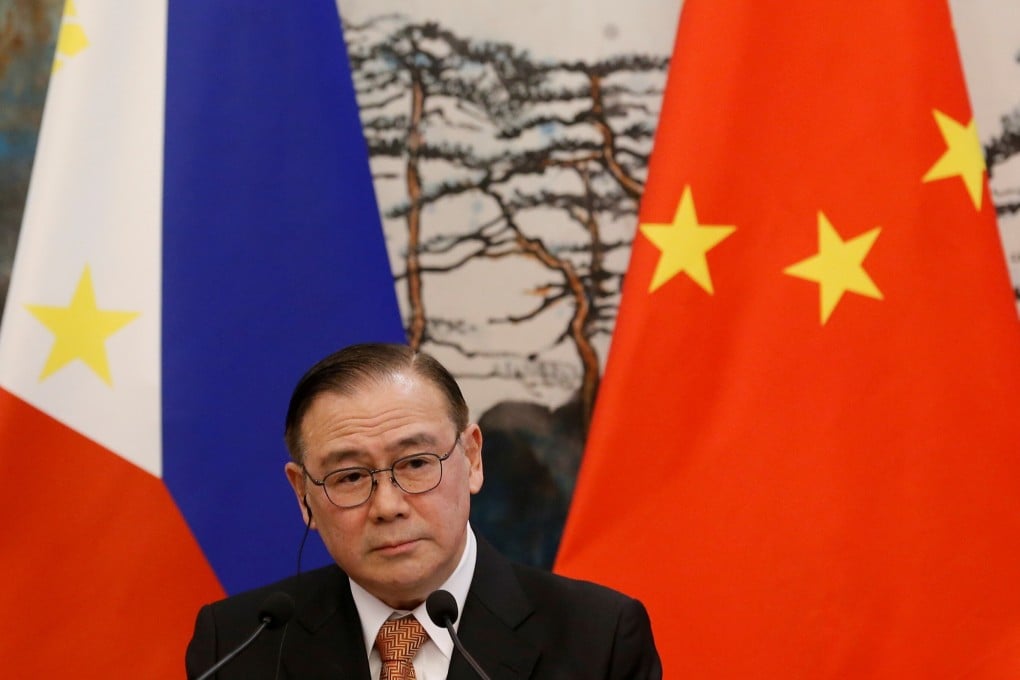Opinion | Is the Philippines rethinking its initial Aukus support?
- Although it was one of the first Southeast Asian countries to support the security deal between Australia, the UK and US, there may be a reset
- Manila is in a tight spot, balancing its treaty alliance with the US, Asean concerns about a regional arms race, and maintaining its relations with China

In a statement at the time, Locsin said Southeast Asian countries – individually or collectively – did not have the capacity to address the imbalance of forces in the region, a reference to China’s growing military prowess. Beijing opposed the deal.
He described Aukus – under which the US will help Australia build nuclear-powered submarines that can travel farther and stay underwater for longer – as enabling “an Asean near friend and ally’s military capacity to respond in timely and commensurate fashion to a threat to the region or a challenge to the status quo”.
Locsin also referred to the US as the “main balancer” of regional security, but noted its distance, being “more than half a world away”, affected its defence posture. As such, Canberra shoring up its power projection “should restore and keep the balance rather than destabilise it”, he said.
Manila’s official position on the Aukus deal may now be due for a reset.
